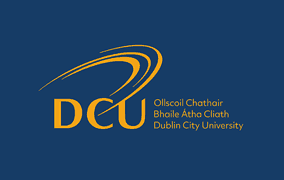Mashael Aljasser is currently a PhD student at Dublin City University. She has a strong academic background, having published three papers in the field of Translation Studies. Mashael holds a Bachelor of Arts in English Language and Literature from King Saud University, as well as a Postgraduate Certificate in Applied Linguistics from Cardiff University and a Master’s degree in Specialised Translation from Princess Noura Bint Abdulrahman University.
Mashael has worked as a lecturer in the Translation Department at Princess Noura Bint Abdulrahman University in Saudi Arabia for ten years. As a result, she has experience in administration and leadership skills, having served as the director of postgraduate programs in the Faculty of Languages at Princess Noura Bint Abdulrahman University for two years.
In her PhD research, Mashael is focused on the field of crisis communication, with a significant emphasis on training translators in the field. Her primary aim is to highlight the critical importance of training translators in crisis situations, aiming to raise awareness and understanding of this specialised field.


